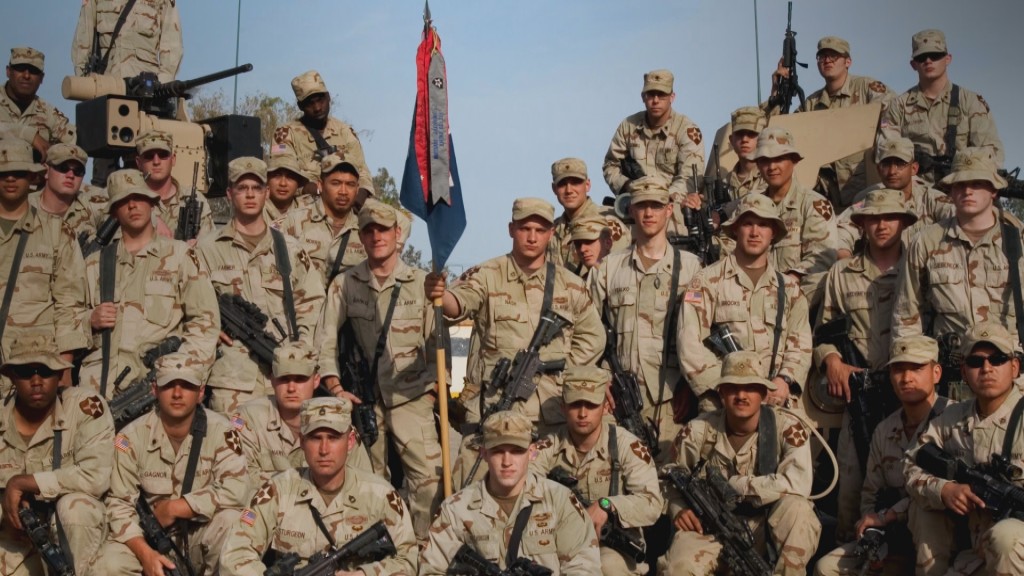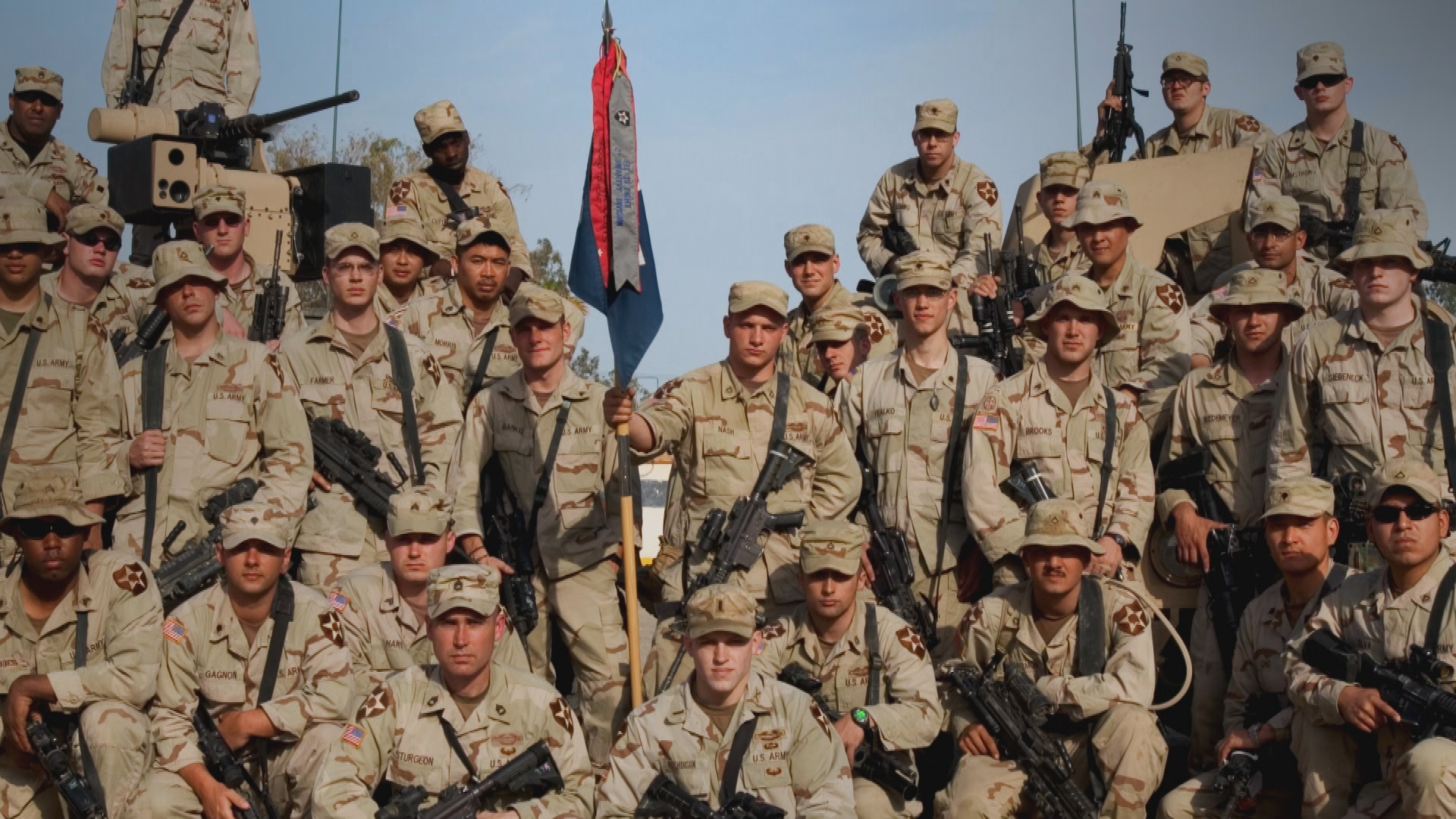Report: Military’s Brain Injury Test Ineffective

November 29, 2011
Share
The test the Army uses to detect traumatic brain injury [TBI] in its soldiers “has failed to deliver on its promise, offering soldiers the appearance of help, but not the reality,” according to devastating new reporting from ProPublica and NPR.
TBI is considered one of the signature wounds of the wars in Iraq and Afghanistan. While it’s hard to pin down the exact number of soldiers with the injury, the Pentagon estimated in 2010 that about 115,000 soldiers had a form of mild TBI. In contrast, a 2008 RAND Corporation study suggested a much higher number: about 400,000. Even in mild cases, the injury can cause headaches, balance problems, hearing problems, lack of self-control, mood changes, ringing in the ears, problems sleeping and memory loss.
According to ProPublica and NPR, the Automated Neuropsychological Assessment Metric [ANAM], which was developed in the 1980s at Fort Detrick “as a way to measure pilots’ reflexes or to see if a paratrooper could think clearly after a rough landing,” was chosen by Army leadership despite conflicts of interest and warnings about the test’s ineffectiveness from experts and members of the military.
The reporting is full of revelatory moments; one that’s particularly shocking is what allegedly happens when a soldier scores “red” on his or her initial test, which is indicative of a poor result. As it currently stands, these soldiers are not required to receive any follow-up evaluation to test for a potential brain injury, leaving open the possibility that the Army is sending soldiers with TBI back into combat.
“We have failed soldiers,” retired Col. Mary Lopez, who used to manage the Army’s testing program, told ProPublica. “It is incredibly frustrating because I can see first-hand the soldiers that we’ve missed, the soldiers that have not been treated, not been identified, [or] misdiagnosed. And then they struggle.”
Read ProPublica’s full story here, and listen to it on NPR’s All Things Considered. Also take a look at FRONTLINE’s collection of reporting on TBI.
Related Documentaries
Latest Documentaries
Related Stories
Related Stories
Explore
Policies
Teacher Center
Funding for FRONTLINE is provided through the support of PBS viewers and by the Corporation for Public Broadcasting, with major support from Ford Foundation. Additional funding is provided the Abrams Foundation, Park Foundation, John D. and Catherine T. MacArthur Foundation, Heising-Simons Foundation, and the FRONTLINE Trust, with major support from Jon and Jo Ann Hagler on behalf of the Jon L. Hagler Foundation, and additional support from Koo and Patricia Yuen. FRONTLINE is a registered trademark of WGBH Educational Foundation. Web Site Copyright ©1995-2025 WGBH Educational Foundation. PBS is a 501(c)(3) not-for-profit organization.





















